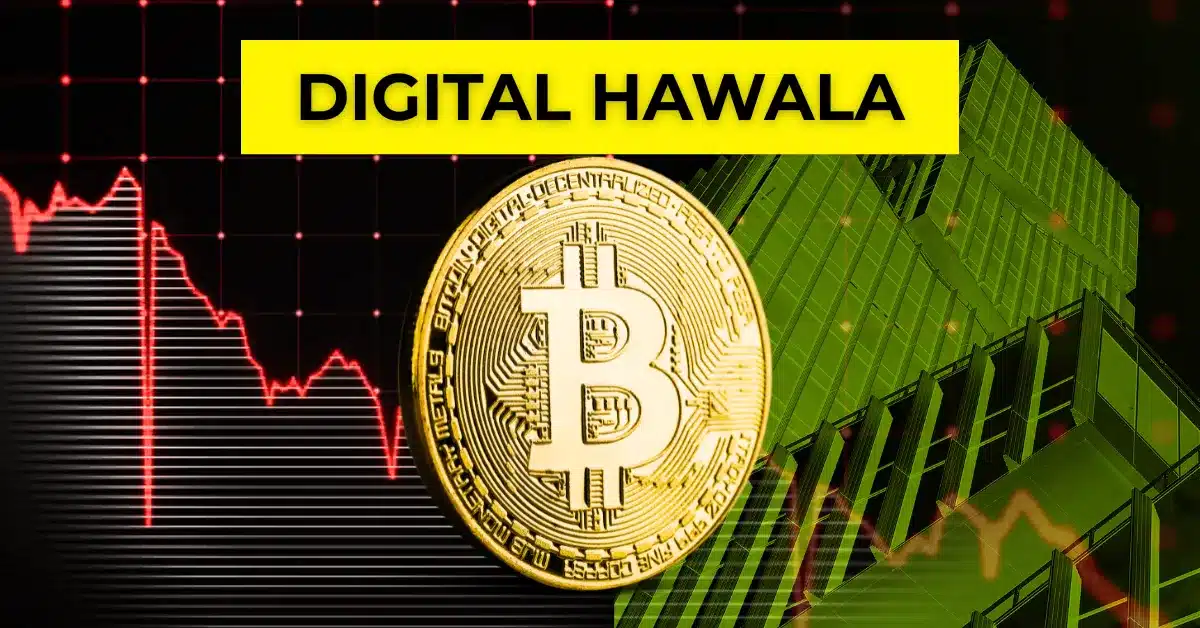India’s Supreme Court has stirred debate by comparing Bitcoin trading to a digital version of the illegal Hawala network. The comment came during a bail hearing for Shailesh Babulal Bhatt, who was accused of using cryptocurrency for unlawful financial dealings.
The court expressed concern over the country’s lack of proper regulation around crypto assets. According to the bench, Bitcoin transactions operate in a legal grey area and resemble sophisticated underground money transfers.
Justice Surya Kant admitted his lack of technical understanding during court discussions about Bitcoin while pushing for new governmental regulations. He warned that the lack of supervision creates financial dangers similar to Hawala’s, which digital currency trading can produce.
Also Read: Senate Faces Pressure as Stablecoin Market Eyes Explosive Growth
When defending Bhatt before the Supreme Court, Senior advocate Mukul Rohatgi presented a Supreme Court decision that invalidated the Reserve Bank of India’s restriction on bank activity in cryptocurrencies. According to Bhatt, Bitcoin qualifies as a genuine digital asset with no illegal characteristics.
The judges acknowledged the defense but doubted future scams and counterfeit coins infiltrating the market. The court declared that digital currency trading may become a platform for unlawful money transfers if it remains unregulated, similar to the Hawala system.
Legal Grey Areas Raise Concerns Over Crypto Abuse
In this case, the Gujarat government and the Enforcement Directorate requested more time to respond. They argued that the case involves deeper financial crime and not just regular crypto trading. The court granted a 10-day extension, and the next hearing is scheduled for May 19.
Previously, the court had fielded numerous complaints regarding crypto investments that generated high profits when policing another individual two years ago. The court had then directed the central government to clarify its position on cryptocurrencies, but no clear policy has been introduced so far.
India has made some progress by taxing crypto profits and including virtual assets under the Prevention of Money Laundering Act. However, the court’s comments indicate that existing measures do not address the underlying problems causing misuse and confusion within this sector.
The Supreme Court’s comparison of Bitcoin to the digital Hawala system demonstrates why India needs to rapidly develop decisive regulatory frameworks for cryptocurrency markets.
Also Read: BlackRock Overtakes Strategy With Massive $58B Bitcoin Accumulation
